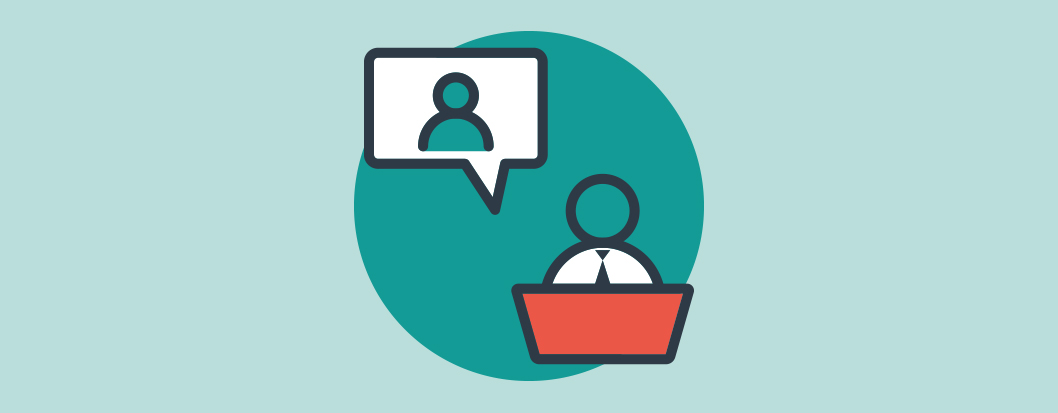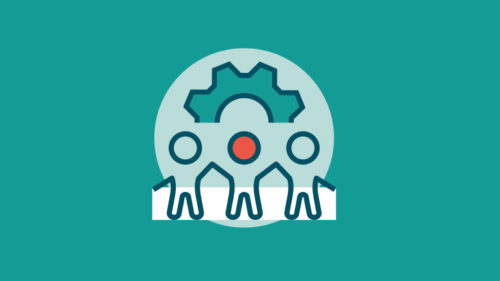Wellbeing: Work from Home

If you follow RMS on Facebook then you’ll have seen our recent series on mental health and wellbeing while working from home.
Our 8-part series struck a chord with many of us in the office-not-office. We hope by sharing them here you’ll find something to help you through the isolation of Working From Home.
#1 – Routine is Key.
Set a routine as if you’re going into work as usual. Have a regular start time, finish time and schedule regular breaks. Don’t forget to add some time for exercise and fun.
What does your WFH routine entail? Some of us in RMS start the day with a walk around the block, some get fully dressed as if going to work, others make sure to log in for SPD worships at 8:15am.
Keeping to a routine and a schedule is key to feeling “normal” while living in a situation that is everything but.
#2 – Make a workspace.
Prepare a specific space in your home for work. Avoid working from your bedroom if possible. Treat your bedroom as your sacred space to switch off and rest from work.
What does your WFH workspace look like? Studies show that working from home can interfere with sleep, especially for people who find it difficult to switch off from work. Black Dog Institute advises against working in your bedroom.
#3 – Keep in touch.
Pick up the phone, send a text message and schedule regular virtual meetings with your team mates. Keep in touch with your crew to maintain positive relationships and reduce stress levels.
What can you do to make up for the lack of interaction while working from home? Try regular phone calls, text messages and video meetings with your colleagues and team mates.
#4 – Switch Off
Embrace a ‘digital health’ mindset. For example, keep phones and screens off during meal times and at least one hour before bedtime. Avoid reading the news during Sabbath hours.
Are you practicing good “digital health” while working from home? As a parent, I’ve always tried to avoid being on my phone while the kids are awake, but working from home makes that all the more difficult. Setting boundaries is vital in protecting your own personal digital health and wellbeing.
#5 – Light and Air
Sunshine and fresh air are the perfect partners to lift your mood and help you feel good. Go out into the garden, soak up the sun on your balcony, or take a stroll around the block.
Have you been getting enough Vitamin D? Working from home presents an easy opportunity to get out in the sun for your daily dose!
#6 – Silver linings
Focus on the benefits of working from home – zero commuting, more flexibility, extra time with family, less rushing and the opportunity to spend more time with God too.
Is it possible to get “Monday-itis” while working from home? Sometimes we need to pull ourselves out of a slump by focusing on the things we can be grateful for. It isn’t always the easiest thing to do – especially on a Monday, or a “Blursday”. So think of the silver linings you’ve noticed since WFH.
#7 – This too shall pass
The situation we are living in is extraordinary. All of us will feel a range of emotions as we process it all. Take a deep breath and remember, this will pass and it won’t be like this forever.
Right now, it feels like we’ve been stuck at home forever! If you’ve had kids at home you know the challenges of big emotions in little people…and dare we say, big emotions in big people too! So be gentle with your internal dialog and be curious about the future – imagine what it might be like if tomorrow looked better than today! Remember, Adventists have HOPE.
#8 – It’s good enough
Even if life, work, friendships, schooling or your home doesn’t look exactly how you’d like, don’t beat yourself up about it! Right now, good enough is good enough.
WFH got you worried about your KPI’s?
Just being able to work from home means you’re one of the lucky ones. The timeline on your strategic plans may have shifted BUT just being able to chip away at your to-do’s and goals while working from home – that in itself is already an achievement!
What’s needed most right now is that we’re kind and reasonable in our expectations of one another.
Welcome the slow.
Lean in to the steady.
Hold on to the consistent.
You’ll get there. (And it will feel like a sweet accomplishment!)
Ask the Experts
If it all feels like too much, reach out for help from a counsellor or call Lifeline on 13 11 14 or Beyond Blue on 1300 22 46 36.
You can also access free anonymous counselling through your workplace.
And if you’re a leader or manager of a team, our workers compensation provider has supplied us with a couple of easy to read resources:
PS. You would do our mental health a world of good by following us on Facebook, especially if you enjoy keeping up to date with the latest in risk and safety.


